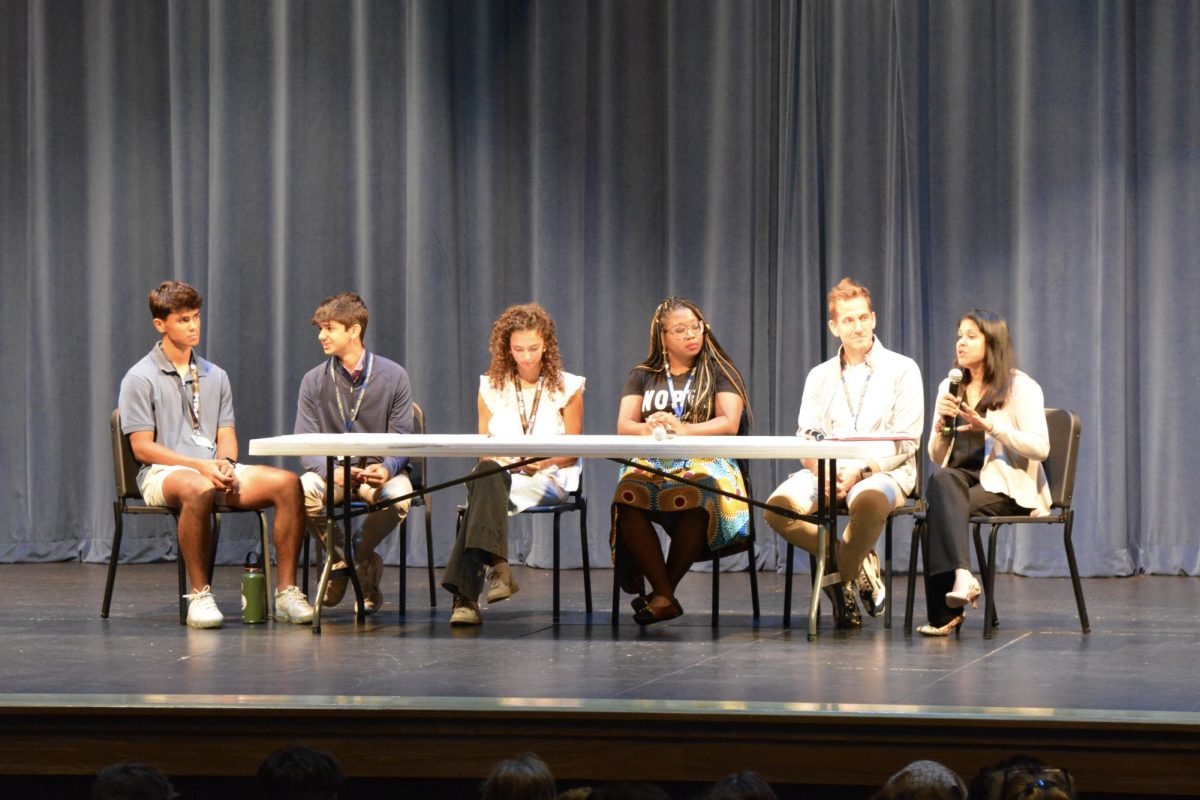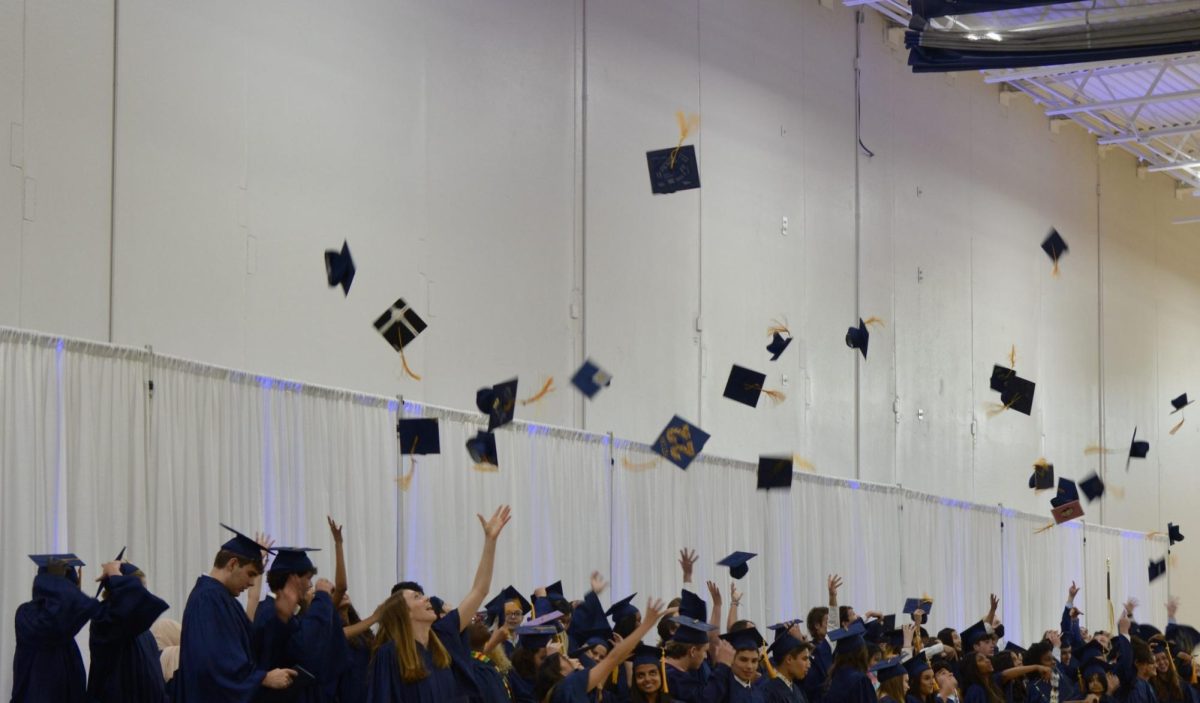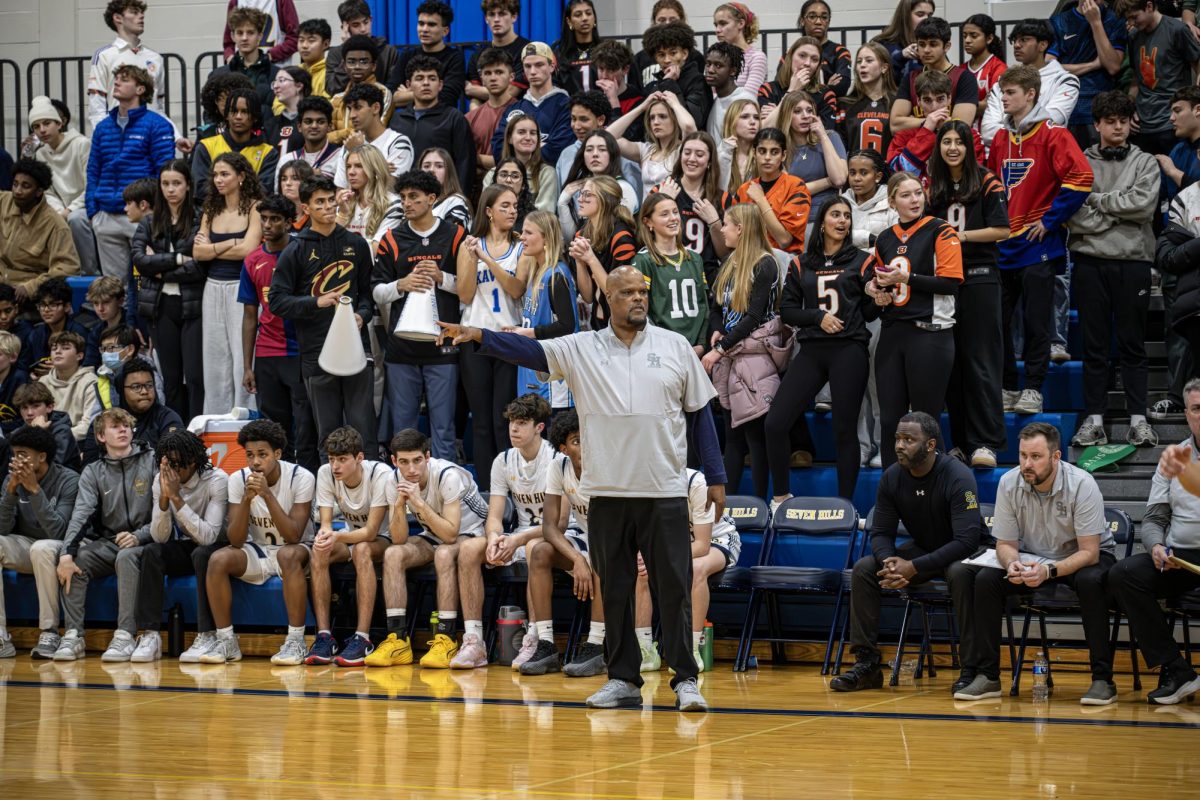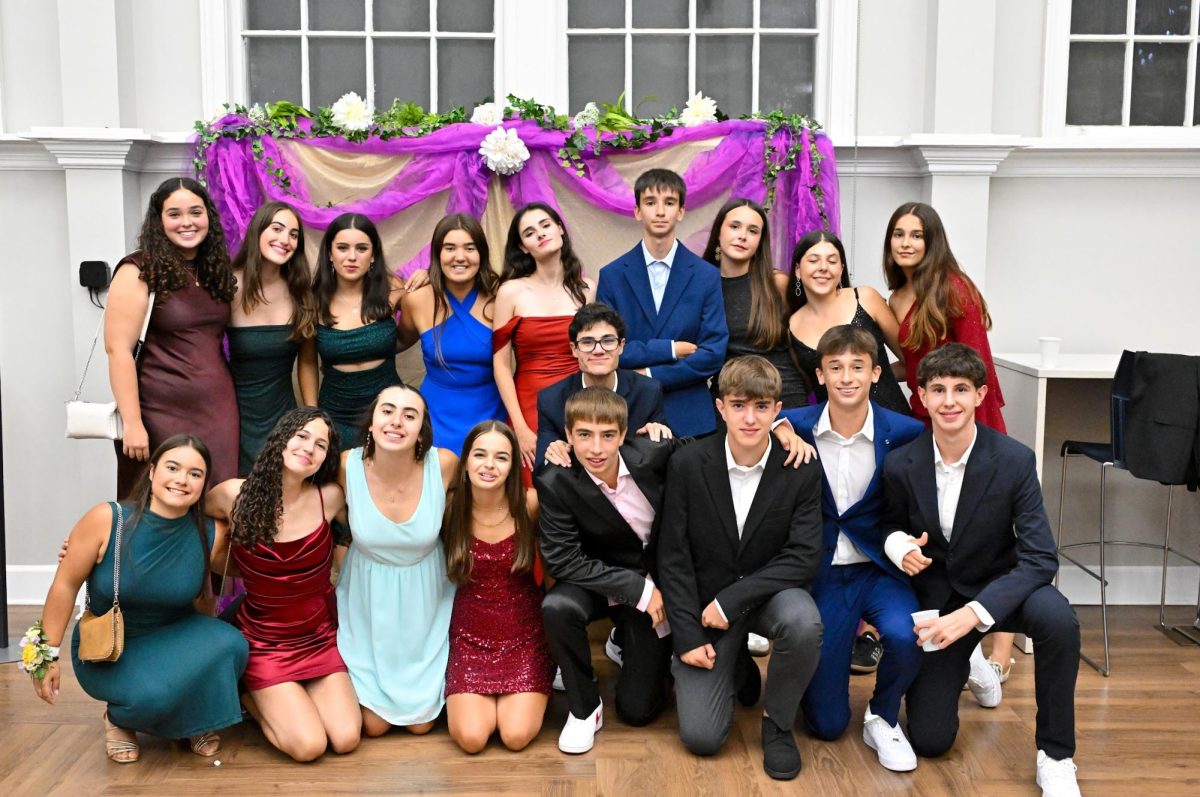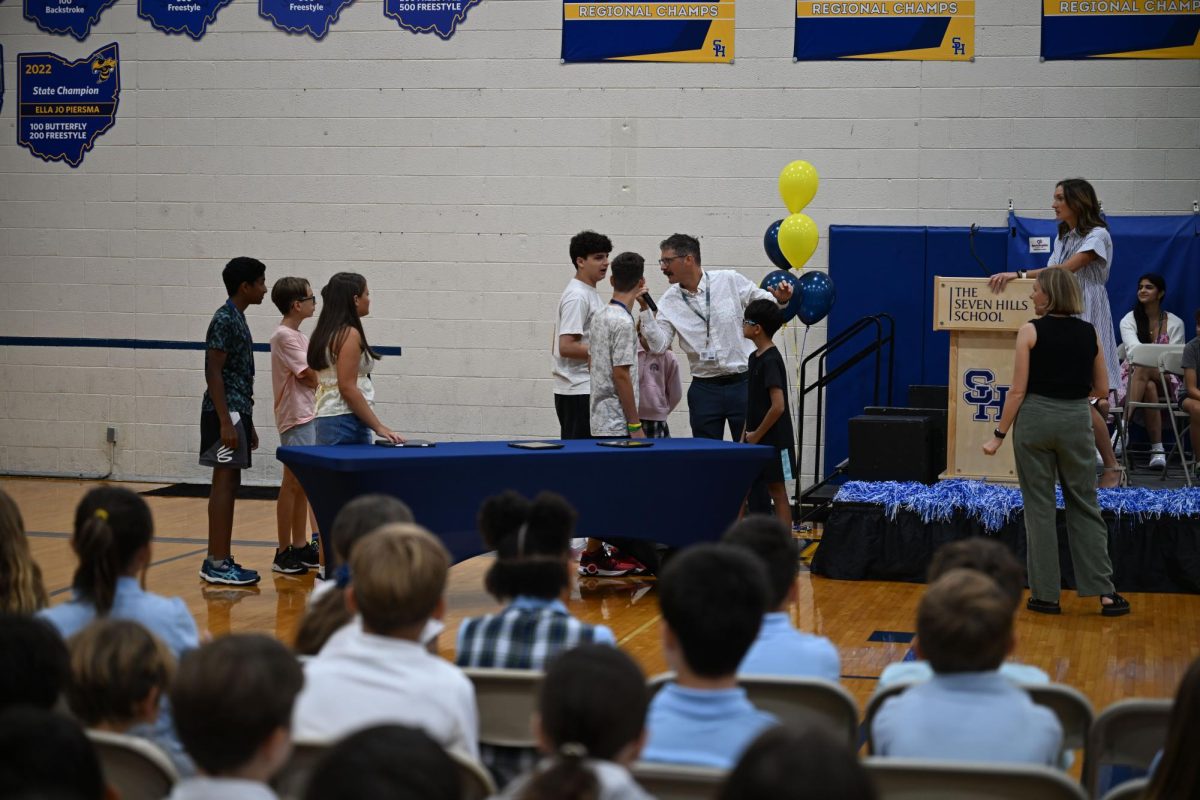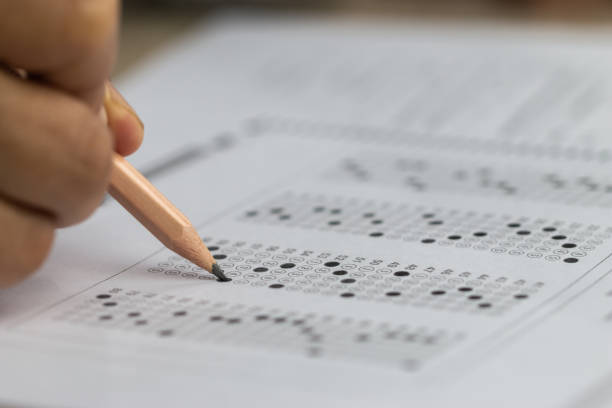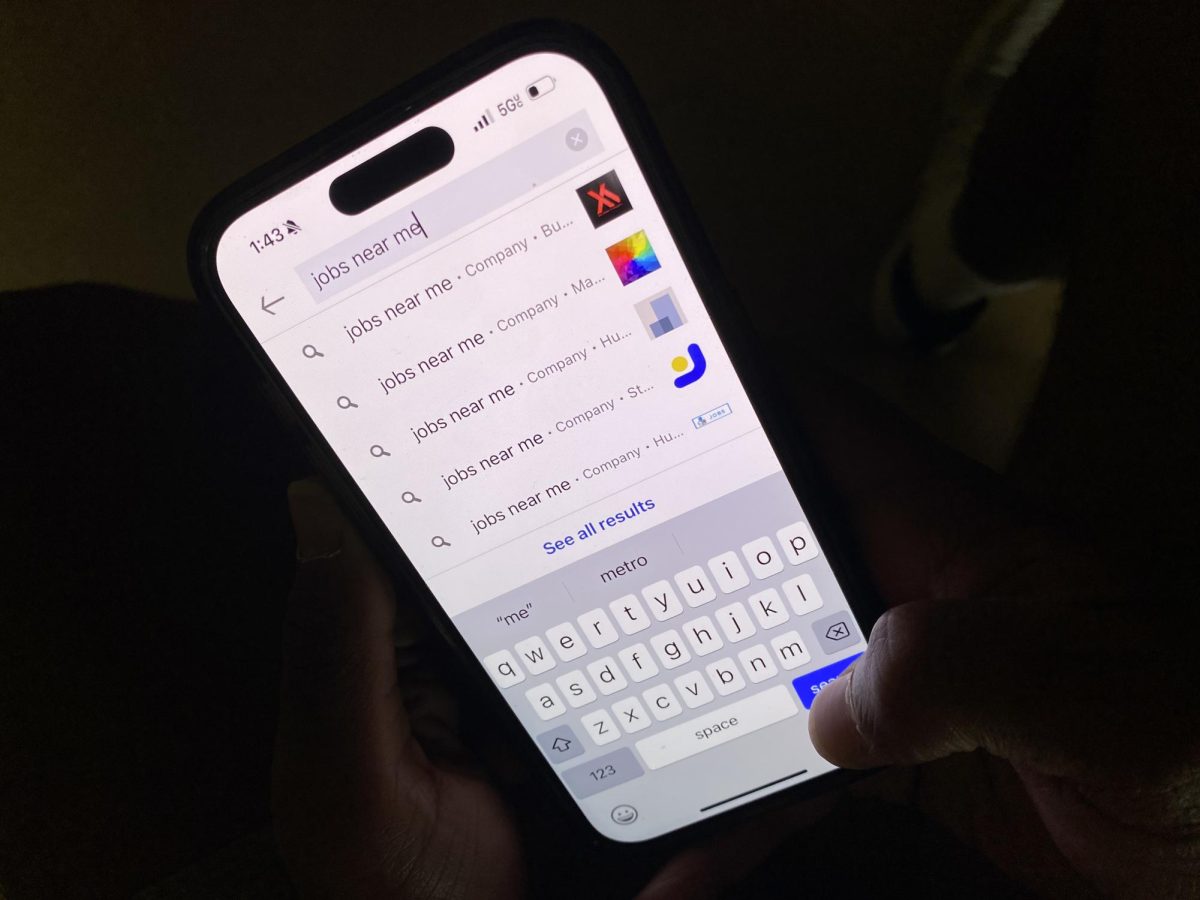The cell phone policy has been around for some time now at The Seven Hills School. There were green, yellow, and red zones, which indicated which location phones were allowed in school. However, due to the COVID-19 pandemic, time was spent enforcing other rules and the policy lost traction.
Laura Leonard, the Dean of Students of the high school, as well as other faculty members, are working with the student government to discuss what the policy should be beyond banning classroom usage. Their idea is to talk with important community members, mostly students, but also parents, families, and staff. They are trying to figure out times when cell phones are useful and when they are distracting.
Currently, cell phones are allowed in social times and activities such as during free bells and in the library. However, they are not allowed in classes and community time.
“This year we’ve really tried to be clear with no cellphones in classrooms; that’s been our biggest focus,” Leonard said. The current consequence for breaking these rules is lunch detention.
The future of the cell phone policy and punishment, however, is in discussion. Freshman Chiara Dunson, who is a grade-level senator and on student government, attends so-called Hive meetings during lunch that the school holds for student government members as well as faculty members to discuss issues of importance for the school community
In terms of where faculty members stand on the cellphone issue, Dunson said, “A lot think it’s better to eliminate all cell phones while others think that’s not a good idea.” By eliminating phones, Dunson means that students would not be allowed to take out their phones for the entirety of the school day.
There are reasons that faculty members believe that cellphone usage should be at least limited. Leonard said “the main goal of having some parameters around cell phone use is to help encourage conversation.” She stated that strengthening relationships, as well as helping students talk and collaborate more with people, would be ideal. “I’d love to see more eye contact,” Leonard said.
Some students agree with the benefits of limiting cell phone usage. “I think I’m leaning towards not eliminating it [the cell phone policy] entirely but maybe in some areas so more communication can happen with people not on your phone,” Dunson said.

As far as other students’ opinions, some agree with Dunson, stating that cell phones should be restricted but not completely gone, as well as having zones and places where students are able to use their phones, and making sure that students are aware of these areas.
Some feel as if there is not enough communication occurring for enforcing the policy, and students are not getting enough of a say in what the policy should be.
One student stated that students should not have their phones in classes; however, they should still be with the students because some people may feel unsafe going to the office to contact someone if they need to, or may want to communicate with their guardians privately.
Next year, the school is trying to “tighten up what we have this year,” Leonard stated. “Next year, we will hopefully have a little bit more clarity and purpose behind when people are on their phones at school,” Leonard said.
The cell phone policy is still a policy in the making. There are many opinions about what it is right now and what it should be in the future. Students and faculty are still trying to figure out what will be best for The Seven Hills Community as a whole.
This chart contains the results from a poll of what students think the pros and cons of having a phone in school are.


